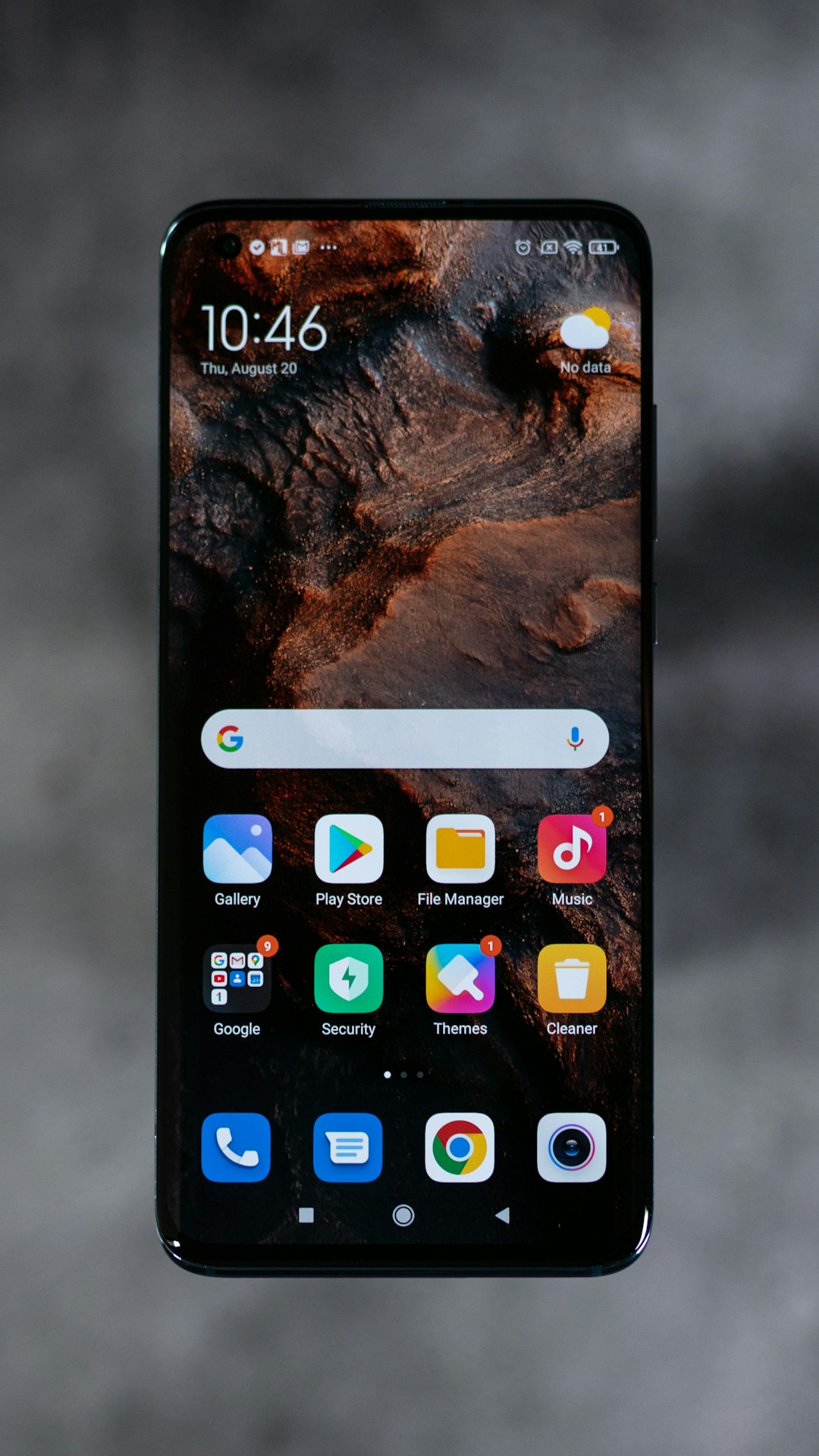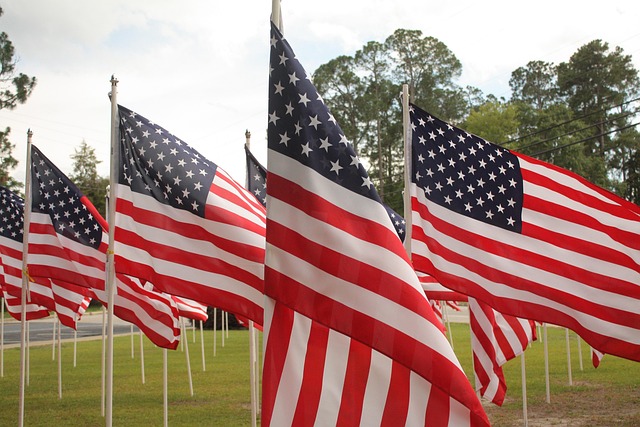Robocall harassment is a growing issue in North Carolina, but the state has implemented strong legal protections via its "Do Not Call Act." Residents can register their phone numbers on the state and national Do Not Call lists to prevent unsolicited commercial calls from telemarketers and debt collectors. Telecom providers offer call-blocking features, and apps enhance protection. Regular updates and reporting unwanted calls to the FTC help combat robocalls, especially from law firms, ensuring a quieter environment for NC residents.
Tired of unwanted robocalls inundating your North Carolina home? Understanding the state’s legal framework is the first step to regaining control. This guide explores how North Carolina’s Do Not Call laws protect residents from harassment and offers practical strategies, including device-based solutions and reporting options. Learn effective methods to block calls and empower yourself with knowledge about reporting violators to local law enforcement or regulatory agencies, especially targeting aggressive Do Not call law firms NC.
Understanding Robocall Harassment and Its Legal Framework in North Carolina

Robocall harassment is a growing concern for many North Carolina residents, with automated calls from unknown numbers disrupting daily life. These unsolicited phone calls often promote products, services, or even political campaigns, and their frequency can be overwhelming. In response, North Carolina has implemented legal frameworks to protect its citizens from such intrusions, particularly in the form of Do Not Call laws.
Under North Carolina law, residents have the right to register their phone numbers on the state’s Do Not Call list, which restricts automated calls from telemarketers and other commercial entities. The “Do Not Call Act” prohibits these businesses from making automated or pre-recorded phone calls to consumers who are on the list. This legislation aims to prevent robocall harassment by empowering individuals to take control of their communication preferences, ensuring a more peaceful and undisturbed home environment.
Implementing Do-Not-Call Lists and Registration Procedures

Implementing Do-Not-Call Lists is a powerful tool in the fight against robocall harassment. North Carolina residents can enroll their phone numbers in state and national “Do Not Call” registries to curb unsolicited calls from telemarketers and debt collectors. These lists restrict companies from making automated or prerecorded calls to enrolled numbers, significantly reducing unwanted interactions.
In addition to these lists, many telecom providers offer call-blocking features tailored to local laws. Utilizing these tools in conjunction with the “Do Not Call” registries can further protect North Carolina homeowners from robocall intrusions. For added security, residents are encouraged to verify their registration status regularly and stay informed about the latest Do Not Call law firms NC regulations to ensure ongoing protection.
Protecting Your Home: Devices and Measures to Block Unwanted Calls

Protecting your North Carolina home from robocall harassment involves employing both technological and practical measures. Start by utilizing built-in call screening and blocking features on your home phone. Many modern phones offer “do not disturb” modes that can automatically silence or divert unknown numbers. Consider investing in a robocall-blocking device, which uses advanced algorithms to identify and block automated calls at the source.
Additionally, register your number with the National Do Not Call Registry. While this primarily targets telemarketers, it can also help filter out unwanted calls from law firms and other sources. Use call-blocking apps specifically designed to combat robocalls, offering an extra layer of protection. Remember, staying proactive is key; regularly update your settings and be vigilant against new tactics employed by these persistent callers.
Taking Action: Reporting Robocalls and Enforcing NC's Anti-Harassment Laws

If you’re tired of receiving unwanted robocalls, taking action is crucial. One effective step is to report these calls to the Federal Trade Commission (FTC) using tools like Do Not Call registries. North Carolina has specific anti-harassment laws in place, and enforcing them can put a stop to relentless robocallers.
When you report a robocall, provide as much detail as possible, including the caller’s number, the time of day, and the type of message they left. The FTC uses this information to track down and penalize offenders, including law firms that often engage in automated calling campaigns. Remember, standing up against these nuisance calls not only protects your peace but also contributes to a safer, less intrusive environment for all NC residents.






